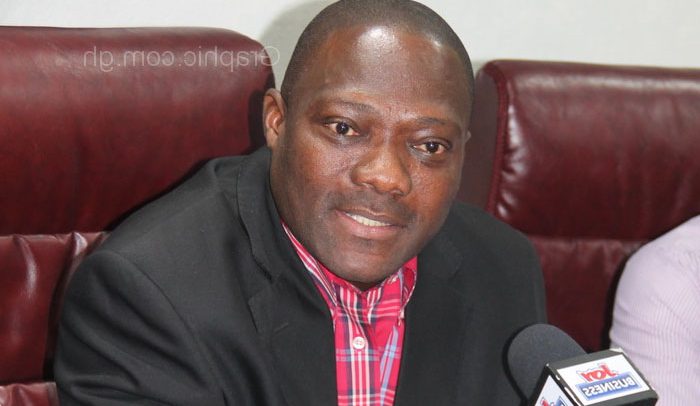Alfred Baku
Gold Fields Ghana Limited (GFGL), one of the biggest mining companies in the country, has denied any wrongdoing in its decision to adopt contract mining which has affected some workers at its Tarkwa Mine.
In a statement issued over the weekend, Gold Fields Ghana Limited (GFGL) explained that “due to rising cost of operations, as the Tarkwa mine reach its maturity stage, we have to contend with the following cost drivers: deeper pits, meaning harder rocks, which translates into higher blasting costs, longer hauling distances for our fleet, which means more fuel burn, which will increase cost of reagents, and high cost of exploration.
“In addition to the above operational costs, there is also the year-on-year escalation of union-negotiated wage increases, and there is the need to replace the mine’s aging fleet and the cost involved in extending the mine (mining) life.”
These factors, according to the company, “make the current owner mining model unsustainable.”
Justification
“But under the contract mining model, third-party mining contractor, with a partially or fully paid-off equipment fleet, assumes the operational and financial responsibility for the most critical mining activities (blasting, hauling, engineering, etc).”
“This provides the mine with the needed flexibility to invest more in exploration and undertake the high cost of waste stripping to expose more ore for operational sustainability. Only then can the life-of-mine be extended.”
It touched on a similar exercise to change to contract mining at Gold Fields’ Damang Mine in 2016, which has since seen a significant turnaround in productivity and operational flexibility, with a potential upside in terms of the mine’s longevity.
Management of the company disclosed that “GFGL is taking this decision to sustain the Tarkwa operations, several mines have been closed prematurely partly because decisions needed to ensure a longer life-of-mine were not made.”
“Apart from that, management has the responsibility of balancing the needs and interests of all parties, including government, communities, employees and shareholders.”
Industry practice
Currently, the majority of the major mining companies in Ghana are said to be using the contract mining model, including Abosso Goldfields, Newmont Ghana (Ahafo Underground Project), AngloGold Ashanti (Iduapriem), Golden Star Resources’ Bogoso/Prestea, Asanko, Perseus and Adamus (Endeavour) mines.
Management of GFGL indicated that the decision to adopt contract mining is in line with industry practice and not an aberration.
GFGL said it used contract mining model at Tarkwa between 1996 and 2004 before switching to owner mining in 2004.
They insisted that “the need to adopt one model over the other is influenced by prevailing operating and economic conditions. Presently, contract mining is the option that will best ensure the longevity and sustainability of the Tarkwa Mine.”
“The contract mining model ensures that the business operates for a longer term to deliver value for all stakeholders.”
Touching on the issue of transfer of employees to the contractor, the company said that “the majority of Tarkwa employees (80 – 85%), who will be affected by the change in the business model (from owner mining to contract mining), will be absorbed by the mining contractor.”
“It was agreed with the contractor and was a prerequisite of the transaction. During Damang’s transition to contract mining in 2016, about 80% of the affected employees were re-hired by the contractors.”
Assurance
Gold Fields Ghana gave assurance that all the affected workers, including those who will be re-engaged by the contractor, will be paid their full severance package under the Collective Bargaining Agreement.”
The severance package is substantial and includes three months’ salary for each year of service. Therefore, the longer the years of service, the higher the severance package. Those who are not immediately engaged by the contractors will be the first point of contact for future job opportunities at the mine.”
By Charles Takyi-Boadu


